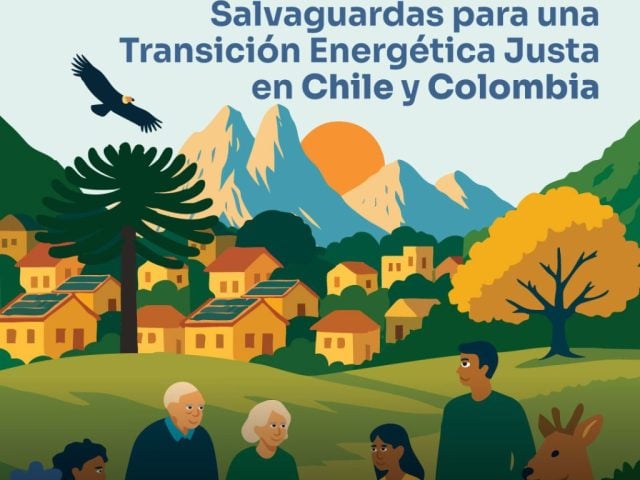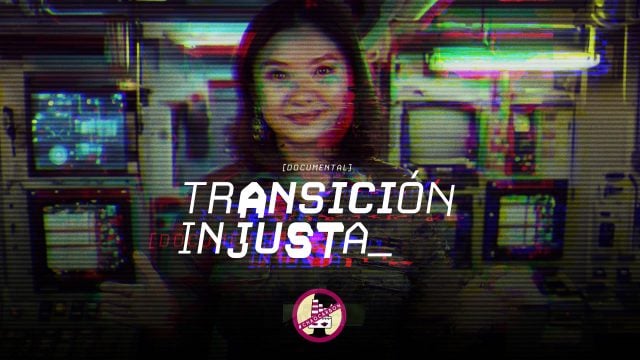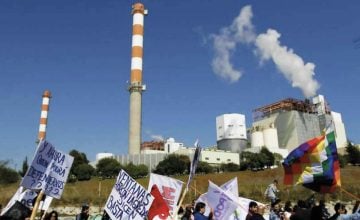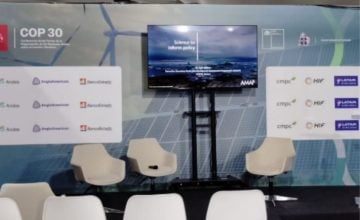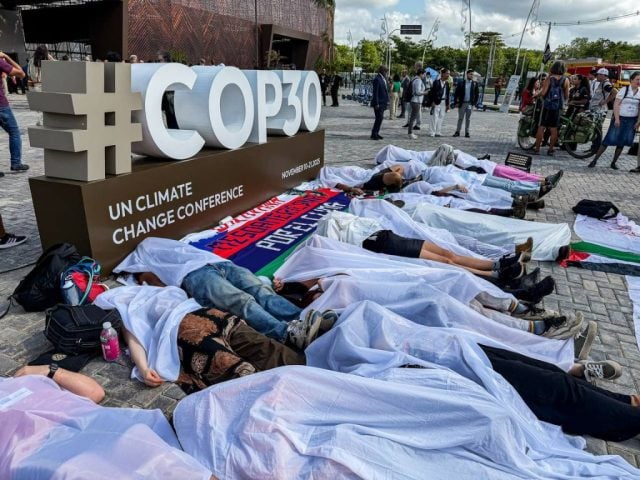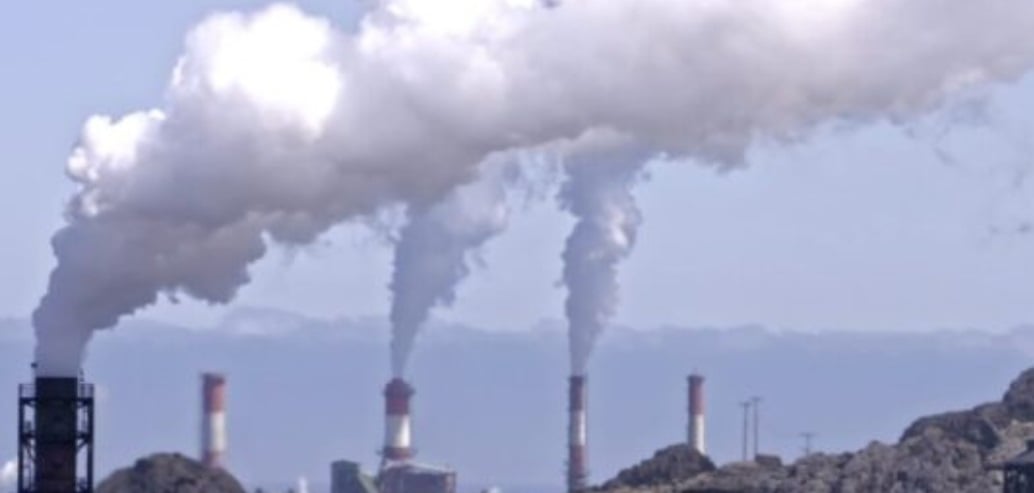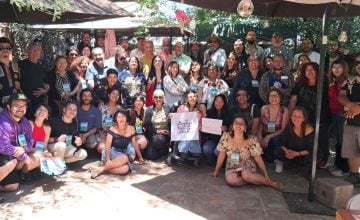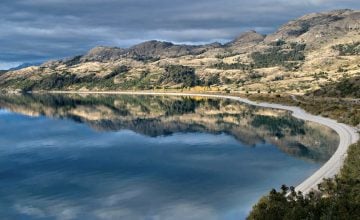Chile’s energy transition is unfolding amid overlapping climate, ecological, and social crises, with the country already feeling the direct impacts of a planetary emergency: accelerating climate change, biodiversity loss, and widespread pollution.
Against this backdrop, a comprehensive framework of safeguards is essential—policies, standards, and criteria designed to protect communities and ecosystems from the negative impacts linked to energy projects. In Chile, their adoption aims to prevent harm, ensure fair compensation, and guarantee binding community participation throughout energy development.
These safeguards fall into four categories: social, environmental, cultural heritage, and economic. Each category sets out concrete measures to protect communities, ecosystems, and territories from the impacts associated with energy projects.
Social safeguards:
One of the first measures is “active participation,” which ensures communities are engaged from the earliest stages of a project’s environmental assessment. It also seeks to guarantee informed participation by strengthening civic rights and access to accurate, timely information about proposed projects.
This measure further calls for community involvement in project implementation and monitoring, encourages dialogue platforms such as roundtables, and creates conditions for local and community-led initiatives focused on energy supply.
The second measure, “protection of workers,” aims to guarantee decent jobs and robust just transition plans for workers affected by the shift, train local communities to create dignified employment, and lay the groundwork to strengthen cooperatives and local enterprises in the energy sector.
It also seeks to diversify local economies to reduce dependence on a single energy activity and to ensure that the economic, employment, and educational benefits of projects reach both nearby communities and those directly impacted.
Another measure is the “mainstreaming of a gender perspective,” which promotes the participation of women and diverse groups in decision-making, and supports training for local women to expand access to quality jobs.
The final measure under social safeguards, “Indigenous peoples,” focuses on respecting territorial and cultural rights, including free, prior, and informed consultation. It prioritizes the demarcation and regularization of lands in areas with energy potential, the implementation of consultation protocols and collective negotiations, the creation of autonomous legal and psychosocial support mechanisms, and the strengthening of cultural and environmental conservation policies in affected territories.
Environmental safeguards:
The first axis, “project area of influence,” underscores the importance of submitting observations through Chile’s formal Environmental Impact Assessment System (SEIA) and citizen participation processes. It aims to prevent harm to critical ecosystems, protect threatened flora and fauna, safeguard water sources and headwaters, preserve marine–coastal ecosystems, and promote territorial planning and alternative project siting.
Another axis, ‘impacts,’ is focused on protecting people’s quality of life, health, and well-being. It calls for the highest standards in compensation, mitigation, and remediation; demands rigorous environmental impact studies; and recognizes the local co-benefits of energy generation and its integration with territories.
Cultural heritage safeguards:
The core component here is “cultural heritage,” with the goal of ensuring the protection of heritage linked to archaeology, as well as historical and cultural assets.
Economic safeguards:
The first measure, “land-use and easement contracts,” requires fair contract terms for energy projects on small properties. Second, “access to finance” seeks to provide communities and local renewable energy projects with easy access to funding, alongside tariff and tax incentives for such initiatives.
Additionally, the “innovation and technology” measure aims to promote local development of clean, community-accessible technologies and to guarantee access to information, training, and education for designing and developing energy projects.
Launch of the report “Safeguards for a Just Energy Transition in Chile”
In response to the climate crisis facing Chile and the world, the report “Safeguards for a Just Energy Transition in Chile” was developed jointly by Alianza Potencia Energética Latinoamérica, Fondo Movimiento Energético, Artyc studio, Energía Colectiva, Fundación Ecosur, and Red de Pobreza Energética.
The document emerges amid accelerating environmental backsliding, a weakening of democratic norms, and deepening extractivism in the region. In this context, the energy transition is both inevitable and necessary—but it is often implemented without justice, without meaningful public participation, and without due regard for the fundamental rights of communities.
The book challenges the largely uncritical acceptance of hegemonic narratives imposed on the Global South. This has meant reproducing old colonial logics—such as extracting lithium, copper, or hydrogen to satisfy demand in the Global North—without changing the prevailing model or addressing the climate, ecological, and social crises.
Chile is losing vital ecosystems—wetlands, peatlands, salt flats, glaciers, and a vast array of species—while communities face a wave of large-scale investment projects, including transmission lines, power generation initiatives, mining, agribusiness, salmon farming, and monoculture plantations. These projects not only strain people’s quality of life but also endanger ecosystems and the livelihoods that depend on them.
The founder and legal director of the NGO Energía Colectiva, Cristian Mires, noted that the country is navigating a “highly unfavorable” political moment, marked by setbacks and unfulfilled promises that once seemed on track to be resolved. In this context, he stressed the relevance of the report, which seeks to ground the debate and revive essential discussions once thought settled—questions that have resurfaced amid a political landscape lacking a clear presidential anchor.
“Today there is no real transition happening—and what is moving forward is not being handled with justice or genuine community engagement. This report is meant to reinforce the issues we must put back on the table in upcoming discussions, events, and forums—work we’re prepared to begin presenting as of now,” he said.
The report is clear: Chile’s energy transition has not transformed the model—it has deepened it. The system remains centered on private ownership, competition, and profit maximization. Fossil fuels may be replaced by renewables, but megaprojects are still imposed without binding participation, disproportionately affecting already precarious territories. Examples include wind farms in the south, lithium extraction in the north, and pressure to turn Magallanes into a hydrogen hub.
Under a “green” narrative, this process reproduces extractivism, widens inequalities, and strains ecosystems—without solving the power system’s vulnerabilities or ensuring a fair distribution of benefits. The book calls for a socioecologically just approach that transforms not only energy sources but also the purposes and ways we produce, distribute, and use energy.
For Mires, in the current political context, the report offers a starting point to chart a path and begin developing these safeguards: “It’s crucial to get this document into the hands of decision-makers—in government, in Congress, in local authorities—and above all to affected communities. We believe communities need to understand the reality of this so-called just transition taking place in our territories.”
Chile’s energy transition began with reforms introduced during Michelle Bachelet’s second administration and was consolidated by Sebastián Piñera’s 2019 decarbonization program, which set a full coal power phase-out by 2040 and carbon neutrality by 2050. Since then, a “just transition” has entered the agenda, especially in labor policy and climate action.
In 2022, a bill on a Just Socioecological Transition was introduced in Congress and is still under debate. In 2024, a Decarbonization Plan was put out for public consultation, drawing criticism over potential gaps in climate justice and environmental participation. The government of Gabriel Boric is currently advancing a National Strategy for a Just Socioecological Transition focused on sacrifice zones.
For Fundación EcoSur’s director of public policy advocacy, Pamela Poo, a key objective is to bring the term “safeguards” into the public conversation. “It’s a word that hasn’t been used much lately in environmental debates. Given today’s democratic context, social media dynamics, and how the term ‘permisología’ (permitting hurdles) has gained traction, we need to strategically position concepts that bring our arguments back to the table—ideally in time to influence parliamentary and presidential debates,” she said.
In the same vein, regarding expectations for the report, Sebastián Orellana, operations coordinator at RedPe, emphasized that one of the main goals is to bring together diverse organizations and more interested people so that the text serves as a starting point to collectively confront the political and environmental challenges ahead.
“I’d also highlight that this is an effort moving in parallel with other countries. This network of organizations is being woven at a regional—Latin American—level, allowing us to showcase how we experience these processes, our own lessons, and what we share in common,” he added.
Along these lines, Poo noted, “We need strong arguments to challenge what the Global North demands from our countries in the South. I believe we must build South–South dynamics—this report is an exercise in that logic and, within those South–South dynamics, find ways to support and sustain one another.”
For Poo, the capitalist system is steering us toward a deadly trajectory, making it essential not only to resist but also to develop practices that sustain us collectively as a region.
Amid an uncertain political outlook and no clear presidential axis, organizations are working to put these safeguards at the center of parliamentary, presidential, and public debate about Chile’s energy future.
The debate over safeguards marks a turning point: either the energy transition becomes a chance for a just, democratic transformation—or it continues to replicate an extractivist model that threatens communities and ecosystems.
Learn more about the safeguards by clicking here.
